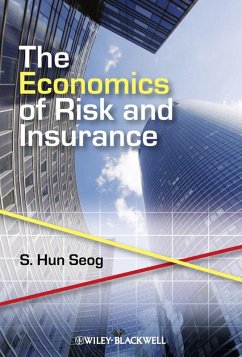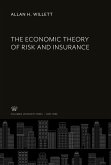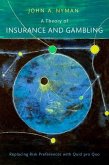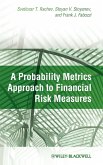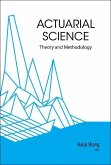The Economics of Risk and Insurance covers diverse issues such as risk aversion, expected utility, and information asymmetry within the pure theory of insurance. It then expands upon this framework to include crucial applied issues such as insurer's organization, marketing channels, and insurance fraud, summarizing the important results in relevant literature. By keeping the level of math used in the analyses at the undergraduate economics-major level, and by providing proofs with fully explicated results, Seog has written a text that is highly intuitive to students.
Hinweis: Dieser Artikel kann nur an eine deutsche Lieferadresse ausgeliefert werden.
Hinweis: Dieser Artikel kann nur an eine deutsche Lieferadresse ausgeliefert werden.
"Seog's book provides a nice primer on the theoreticalportion of insurance economics while linking to the empiricalstudies in the field. Its solid list of reference for furtherreading for each topic will help students as they move throughtheir course of study and develop their own research stream. Agreat reference for any doctoral student in the area."
--Kathleen A. McCullough, Florida State University
"The more I read this book, the more I like it. It providestheoretical analyses for a complete set of insurance topics, and iseasy to read even though the concepts are complex. Every insurancePh.D. student needs to read this book."
--Gene C. Lai, Washington State University
--Kathleen A. McCullough, Florida State University
"The more I read this book, the more I like it. It providestheoretical analyses for a complete set of insurance topics, and iseasy to read even though the concepts are complex. Every insurancePh.D. student needs to read this book."
--Gene C. Lai, Washington State University

